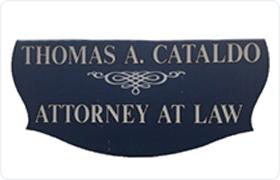Morristown Juvenile Law Lawyer, New Jersey
Sponsored Law Firm
-
 x
x

Click For More Info:
-
Thomas A. Cataldo, Attorney at Law
52 South Street Morristown, NJ 07960» view mapCriminal Defense Law Tip The Scales In Your Favor!
Thomas A. Cataldo, Attorney at Law has the legal experience you need at affordable rates that can't be beat.
800-834-4291
Blair R. Zwillman
✓ VERIFIEDCriminal, DUI-DWI, Juvenile Law
Blair R. Zwillman has over 40 years of experience with the criminal justice system. After serving as a Law Clerk to Superior Court Judge Joseph M. Thu... (more)
FREE CONSULTATION
CONTACTChristina Previte
Divorce & Family Law, Family Law, Criminal, Juvenile Law
Status: In Good Standing Licensed: 20 Years
FREE CONSULTATION
CONTACTClifford J. Weininger
Juvenile Law, Municipal, Family Law, Criminal, Accident & Injury
Status: In Good Standing
 Thomas Cataldo Morristown, NJ
Thomas Cataldo Morristown, NJ Practice AreasExpertise
Practice AreasExpertise

